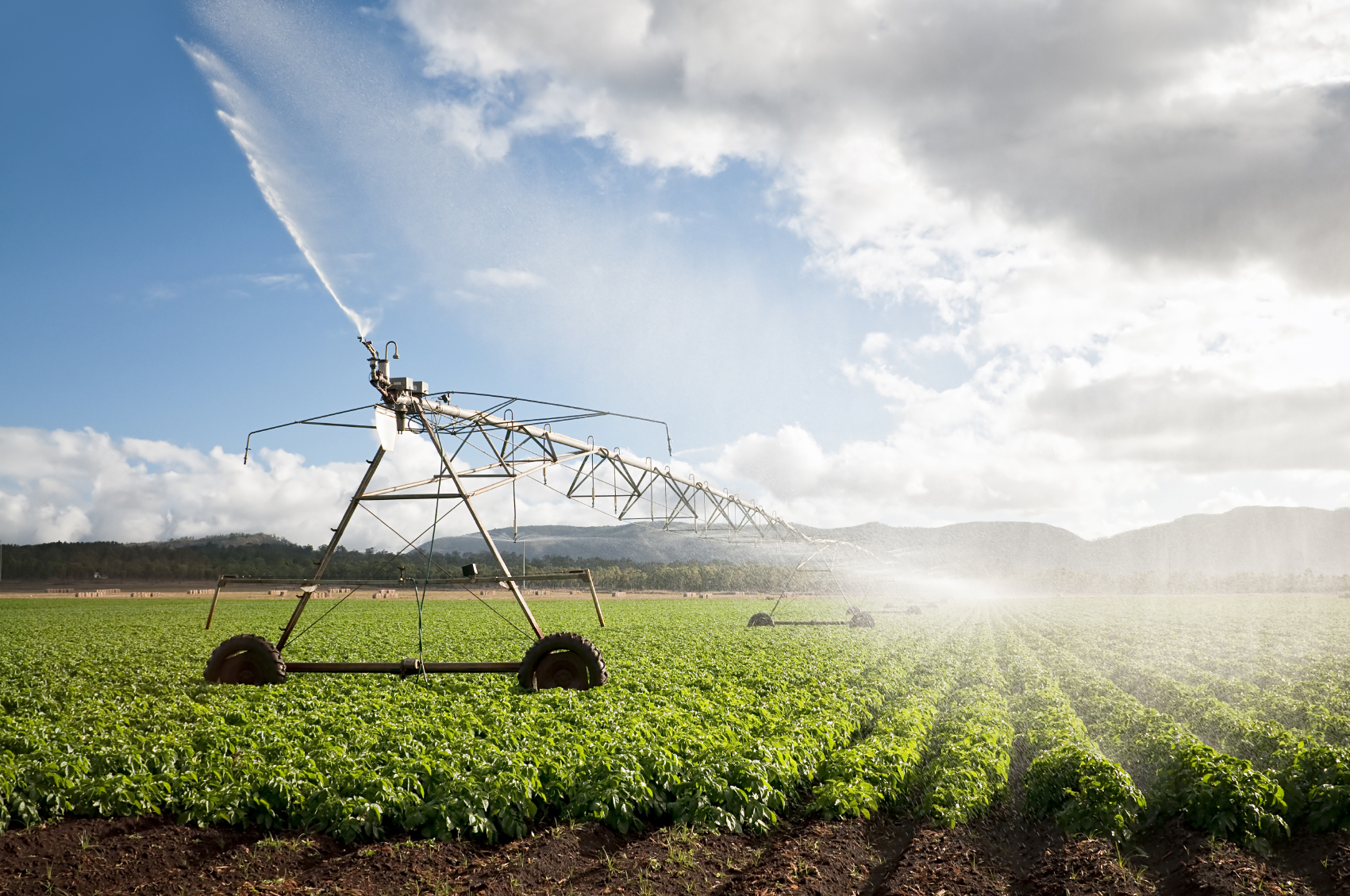
Farmers can point to a strong track record of improvement when it comes to enhancing the environment and managing water resources, the NFU has said following the publication of the Water Matters report yesterday.
The report, by a coalition of 16 environmental, water efficiency and fisheries organisations, sets out actions to “reverse a loss of aquatic wildlife and to make sure polluters pay”.
The Blueprint for Water group calls on government and industry to ‘use water wisely; stop pollution in our waters; manage floods for people and wildlife; create, protect and restore places for wildlife and join up water management.
Chief environment adviser Diane Mitchell said: “Farmers who abstract water are already ‘universally metered’. Irrigation licences increasingly include conditions that curtail water use at times of scarcity, and existing legislation prohibits irrigation practices in drought conditions.
“A recent NFU survey found that farmers are using water more wisely by investing in new irrigation equipment (83 per cent), improving water efficiency (72 per cent), changing the crops they grow (55 per cent) or investing in more reservoir capacity (41 per cent).
“There have been significant improvements by the agricultural sector in protecting water including long-term trends showing that 35% less nitrogen fertiliser and 60% less phosphate fertiliser are being applied now compared to peak levels in the 1980s, but achieving similar yields. Farmers are also protecting water through voluntary actions such as those promoted by theCampaign for the Farmed Environmentwith 400,000 ha of measures costing farmers £60million in 2013/14.
“Flooding can have severe and lasting impacts on farmland and rural communities. The NFU has always been very clear that there are many solutions to solving the flooding problem. Prompt action is needed by government to use a range of tools to address flooding including dredging, de-silting, repairing banks and managing vegetation downstream and along our coastal defences, whilst also slowing the flow, storing water and improving infiltration, where appropriate, further upstream.
“Land can be used for multiple purposes - meeting food and energy needs, whilst also supplying environmental benefits - so environment policies need to go hand in hand with those to meet demands in energy and food production. We have been actively involved in the Catchment Based Approach and we will continue to work with Defra, the Environment Agency and other catchment partners to help make improvements in our water quality. Our view on any review of the modulation rate in the CAP is that we must first assess the demand for agri-environment schemes and impact on the competitiveness of English agriculture, before any decision is made.”
